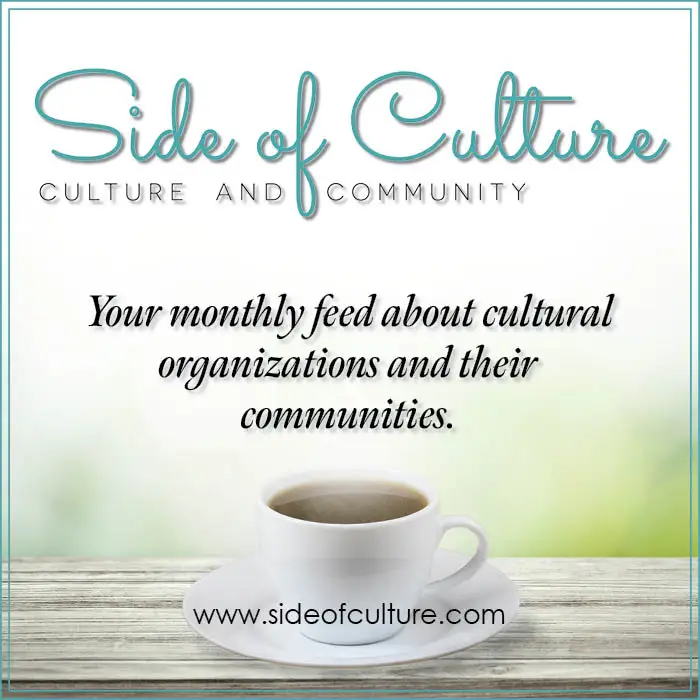Main Street News

COPING WITH GRIEF DURING THE HOLIDAYS
For many, the holidays are the happiest time of the year. Chock full of gift shopping, preparing meal after meal, and spending lots of time with family, the holidays can occasionally feel a bit stressful but are generally thought of as the most joyful time of year. For some, though, the holidays bring dread, anxiety, and even depression, particularly for those who are grieving the loss of a loved one.
Can the holiday season exacerbate grief?
Sara Cousins, a clinical social worker and therapist based in Lakeville, CT, noted that feelings of grief can surface during the holidays because of associations, habits, and routines that we have.
“When we’re around other people that we associate with the person that we’ve lost, or we’re doing activities that we traditionally did with the person we’ve lost, it can make it really difficult,” she said.
Sara also explained that sometimes it’s not only the loss of the person that affects the holiday, but can also be the loss of their personality or their energy.
“If that person was the life of the party, we can sometimes feel like the loss of that person is going to make the holidays bad because they’re not there, and also because we fear that it’s going to make the celebrations feel hollow or empty without their energy.”
How to cope
Sara’s best piece of advice for those who are grieving during the holidays is first to acknowledge the reality of the situation.
“The reality is that if that person is gone, then that person is gone. There’s inevitably going to be sadness and memories that come up, but being kind to yourself and knowing that this is going to happen, and more importantly, accepting that it’s going to happen, can go a long way.”
Much of the preparation can occur beforehand by simply anticipating that these feelings are likely to occur. Sara explained that if a person can adequately prepare themselves for these feelings, then they are often better off and are less “argumentative” with themselves when it happens.
She also noted that altering holiday traditions can be a beneficial thing, so long as it feels right.
“If you’ve lost the person who was the one who purchased all of the presents, maybe this is the year that you don’t do gifts and change the tradition to something else,” she said. “If the person who hosted the holiday celebration every year is the one who passed, maybe you change the house that you go to this year. Sometimes doing everything exactly the same can make people feel worse, so change your plans as you see fit.”
However, Sara also said that for some, changing traditions can bring on feelings of anxiety or exacerbate sadness, so she maintains that it’s important for people to do what they feel is right for them.
“Maybe it makes sense to celebrate the same way, but add in something that honors the person you’ve lost, like telling stories before you have dinner or visiting a location that was important to that person,” she said. “It doesn’t always have to be about radically changing something, but about honoring the person you’ve lost, engaging in self-reflection, coming to terms with reality, and bringing that attitude to the important people that you gather with.”
Realistic expectations
It’s also important to set realistic expectations for yourself and your loved ones when grieving during the holidays.
“There’s a Buddhist expression that says, ‘pain is inevitable, but suffering is optional.’ Suffering is the distance between reality and expectations,” Sara said. “Bringing our expectations close to reality is one of the ways that we can take charge of our own loss and suffering.”
Sara continued to explain that it’s important to be honest with yourself about what expectations you have and then to bring those expectations to those around you. Being open and honest with your loved ones paves the way for communication surrounding your grief.
“Oftentimes when we lose someone, everyone is afraid to talk about them or bring them up. People typically think that if they bring that person up in conversation, it’s going to make the grief worse, but it actually tends to be worse when the loss isn’t acknowledged,” she said.
Grieving the loss of a relationship
Something else that Sara highlighted that is oftentimes overlooked is those who could be estranged from their family or grieving the loss of a relationship in any form – whether it be familial, romantic, or platonic – during the holidays.
She said that family estrangement is more common than many think and can make the holidays especially difficult for people going through it.
“We have a lot of idealized images about what family looks like in American culture. There’s the saying that ‘blood is thicker than water,’ all of these myths about what family is, and holiday movies that show that no matter how crazy or difficult your relatives are, you always rally around family,” she said. “My experience has been that family estrangement is incredibly common and profoundly painful.”
Sara noted that many times, people become estranged from their family due to abuse, addiction, and other unsafe conditions. Sometimes, someone pulls away from their family because they are suffering from some kind of addiction or other struggle that they feel is harming their family. Regardless of the reason, the person who removes themselves from the family dynamic typically is the one who carries the most responsibility for the decision and therefore also bears the most pain.
“Keep your eyes and your hearts open for people who are estranged from their families or estranged from others because they’re struggling with something. It’s much more common than many people think.”
Sara’s advice for those who feel alone during the holidays due to family estrangement is to, “be strong and be true to yourself. I’m going to trust that they made that decision for good reason.”
She also noted that sometimes family estrangement isn’t permanent and that there is a chance for reconciliation down the road, but for many, “the family you choose is stronger than the one you’re born into.”
Resources and support groups
Most places of worship, funeral homes, and hospitals have grief-support resources and work with local support groups to regularly host events. Check your local place of worship or contact your local hospital to find out where and when support groups are being held.
Regionally, multiple hospice organizations also provide bereavement services. Hudson Valley Hospice offers bereavement support via individual counseling, telephone support, workshops, and support groups that provide services for up to 13 months following a loss.
HospiceCare in the Berkshires offers counseling services in either individual or group sessions free of charge to anyone grieving in Berkshire County. Its bereavement team also offers community education programs and training programs on the subject of grief and loss; support groups; programs for adults, teens, and children; and remembrance services.
Regional Hospice of Connecticut provides bereavement support through its Healing Hearts program, located in Danbury, CT. It frequently hosts support groups; social groups; workshops; and memorial events for children, adults, families, and caregivers. It offers support groups for coping with the death of a spouse, living with the loss of a child, or dealing with loss in general. •
For more information about bereavement services offered at Hudson Valley Hospice, visit its website hvhospice.org/grief-support-services/; for HospiceCare in the Berkshires, visit hcib.org/bereavement-services/; and for Regional Hospice of Connecticut, visit regionalhospicect.org/healing-hearts-program-for-grief-loss/.


